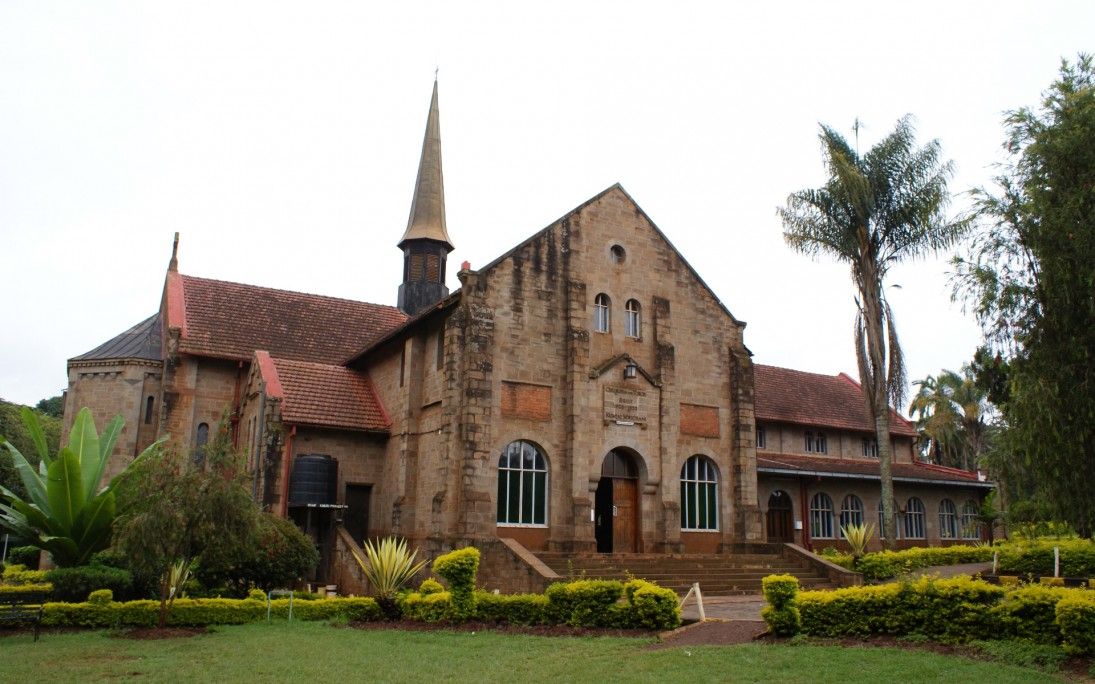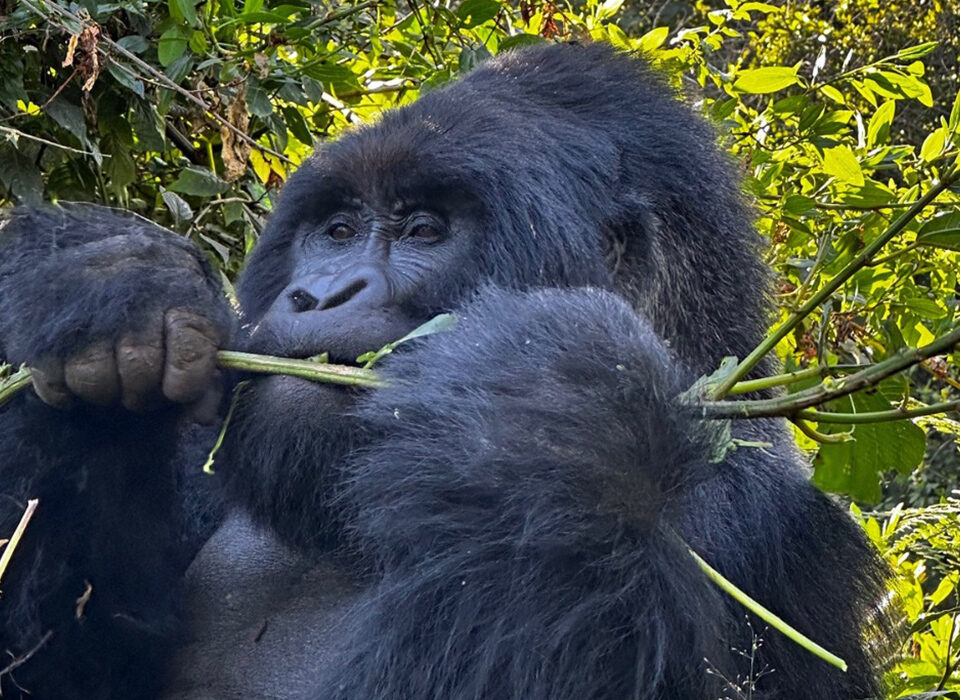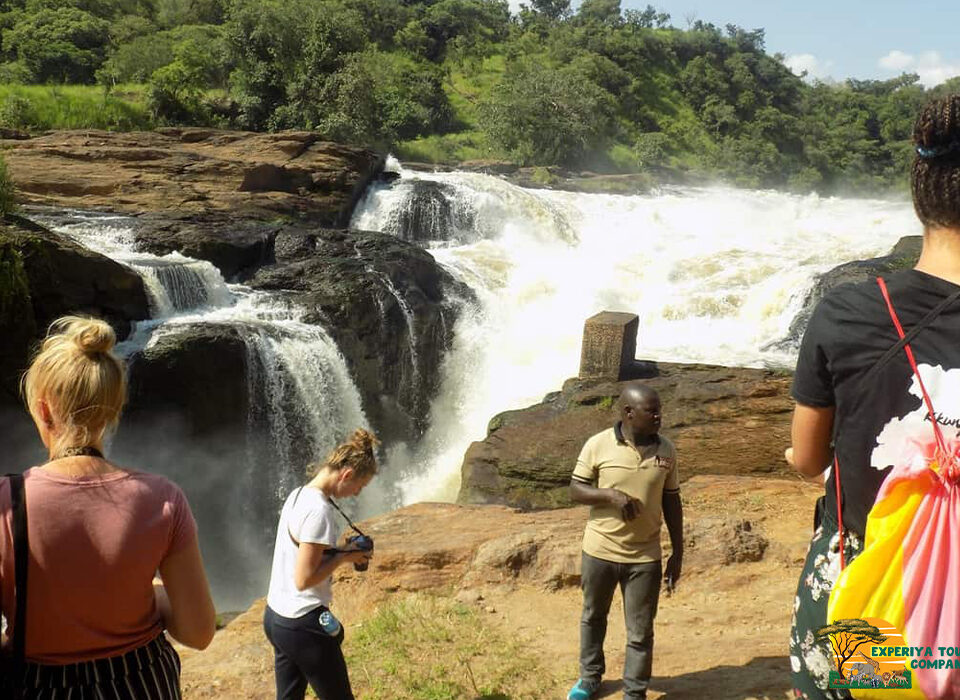
What are the most scenic drives in Kenya?
November 19, 2025
What’s the role of Maasai culture in safaris?
November 19, 2025Can I Attend Local Church Services in Kenya?
Kenya is a country where faith plays a deeply significant role in everyday life. Christianity is practiced by the majority of the population, and church culture is vibrant, expressive, and woven into social, cultural, and community life. Visitors to Kenya often feel curious about whether they can attend local church services to experience this important cultural element firsthand. The answer is a resounding yes—travelers are warmly welcomed in churches across the country.
Church services in Kenya are more than religious gatherings; they are celebrations of community, music, prayer, and storytelling. Whether you attend a rural village church, a coastal Swahili congregation, a lively Pentecostal service in Nairobi, or a serene Anglican communion in the highlands, you will find sincerity, warmth, and spiritual vibrancy. For travelers seeking cultural immersion, attending a Kenyan church service offers a memorable, authentic experience rooted in hospitality, tradition, and deep faith.
Are Visitors Welcome in Kenyan Churches?
Absolutely. Kenyan churches are known for their warmth and openness. Visitors are often greeted enthusiastically, introduced to the congregation, and invited to participate in worship and fellowship.
For many Kenyans, hosting visitors—whether local or foreign—is considered a blessing. In rural communities, elders may even stand to welcome guests, while urban churches often acknowledge newcomers with a friendly wave or a special greeting segment during the service.
As long as you show respect for the environment, follow basic etiquette, and participate respectfully, you will be embraced and appreciated.
The Diversity of Christian Denominations in Kenya
Kenya’s Christian landscape is diverse, with denominations ranging from historic missionary-founded churches to contemporary independent ministries. Some of the most common include:
• Anglican Church of Kenya (ACK)
• Roman Catholic Church
• Pentecostal churches
• Evangelical ministries
• Baptist churches
• Seventh-day Adventists
• Presbyterian Church of East Africa (PCEA)
• African Independent Churches
• Quaker communities (Friends Church)
Each denomination practices worship in its own way, offering unique rhythms, music styles, liturgies, and teachings. For visitors, this diversity provides a rich tapestry of experiences—from highly structured traditional services to vibrant contemporary worship.
What to Expect in a Kenyan Church Service
Kenyan church services vary depending on denomination, region, and culture, but most incorporate elements of prayer, singing, preaching, and announcements.
Music and Worship
Music is central to Kenyan worship. Congregations often sing with passion, accompanied by drums, keyboards, choirs, and sometimes traditional instruments.
In many urban churches, worship resembles modern gospel concerts, complete with praise teams, live bands, and energetic dancing.
In rural villages, singing may be a capella or accompanied by simple drums, yet the harmony and spirit are powerful and deeply moving.
Preaching
Kenyan sermons tend to be passionate, expressive, and story-driven. Preachers often draw on Scripture, real-life experiences, and community issues.
While sermons can be long—sometimes over an hour—they are engaging and full of cultural richness.
Fellowship
Fellowship is an essential component of church life. You may be invited for tea, snacks, or even lunch after the service. Conversations are warm, curious, and inclusive.
This social aspect gives travelers the chance to connect with local families, learn about Kenyan life, and exchange cultural experiences.
Duration
Church services vary in length.
• Pentecostal and charismatic services often last 2 to 4 hours.
• Anglican and Catholic masses typically last 1 to 2 hours.
• Rural congregations may extend services to half a day, especially on special occasions.
Travelers should come prepared with time and an open heart.
Dress Code and Cultural Etiquette
While Kenya is modern and diverse, modesty is appreciated in church settings.
For men: simple shirts, trousers, or smart casual wear are acceptable.
For women: dresses, skirts, or modest tops are recommended.
Coastal churches may encourage more conservative attire due to the region’s Islamic influences.
Travelers should also note:
• Avoid wearing hats inside church unless it is part of local tradition.
• Photos should only be taken if permission is granted.
• Participate respectfully, even if you do not fully understand the language or customs.
These small gestures go a long way in showing cultural appreciation.
Language Considerations
Kenyan church services are conducted in a mix of English, Kiswahili, and local languages depending on the region and denomination.
Urban churches often use English or Swahili.
Rural churches may use mother tongues such as Kikuyu, Luo, Kalenjin, Luhya, or Kamba.
Even when services are conducted in a local language, the atmosphere, music, and expressions of worship transcend language barriers. Visitors often find that the emotion and energy of the service create a meaningful experience regardless of linguistic differences.
Special Church Events You Can Attend
Kenyan churches frequently hold events beyond Sunday services, many of which are fascinating for travelers.
Choir Festivals
Kenya has a strong choral tradition, particularly within Catholic, Anglican, and high-school institutions. Choir festivals showcase powerful vocal performances that captivate audiences.
Christmas and Easter Celebrations
Holiday seasons bring joyful, music-filled services. Christmas is particularly lively, with choirs, youth performances, and communal feasts.
Weddings
Kenyan Christian weddings are joyful, colorful, and filled with music. Travelers who receive an invitation should expect dancing, elaborate outfits, and heartfelt ceremonies.
Overnight Prayers (Kesha)
Some churches hold overnight worship gatherings filled with prayer, singing, and fellowship. These events offer a deep look into Kenyan spirituality.
Youth Events
Kenyan youth ministries are vibrant, hosting concerts, competitions, seminars, and worship nights that are energetic and inspiring.
Regional Differences in Church Experiences
Kenya’s cultural diversity means church experiences vary widely by region.
Nairobi
Churches in Nairobi are modern, organized, and technologically advanced. Worship is contemporary, energetic, and often influenced by global gospel culture.
Rift Valley
Services here balance tradition and modernity, featuring strong community participation and beautiful harmonies.
Western Kenya
Many churches in this region are known for powerful singing and lively worship, particularly among Luhya communities.
Coastal Kenya
Christian worship blends Swahili culture with gentle rhythms, poetic songs, and strong community ties.
Northern Kenya
In remote regions, church services often bring together small but close-knit communities, offering sincere, humble worship grounded in pastoralist culture.
Why Attend a Church Service in Kenya as a Traveler?
Attending a Kenyan church offers travelers:
• A deep cultural immersion
• A chance to connect with local families
• Exposure to traditional and modern music
• Insight into Kenya’s social and spiritual values
• A warm and welcoming community experience
Many travelers describe church visits as one of the highlights of their journey, offering emotional, spiritual, and cultural enrichment.
Can I Attend Local Church Services in Kenya?
Yes—you absolutely can, and you will be warmly welcomed. Kenya’s church services are vibrant, heartfelt, and deeply rooted in community life. Whether you are drawn by the music, the cultural experience, or the spiritual atmosphere, attending a service provides a unique window into Kenyan society.
From joyful worship sessions in Nairobi to serene choirs in the highlands and soulful hymns on the coast, Kenya’s churches reflect the nation’s diversity, warmth, and profound gratitude for community.
To explore Kenya’s cultural life—including church services, festivals, local interactions, and authentic regional experiences—consider booking your trip with Experiya Tour Company. Their knowledgeable guides and well-curated itineraries ensure that you discover Kenya’s heart and heritage in a meaningful and respectful way.




